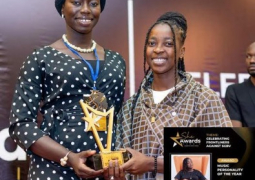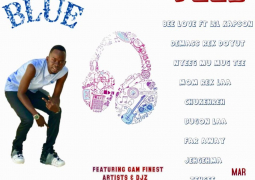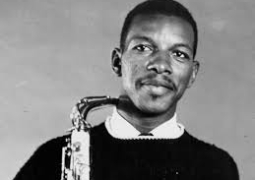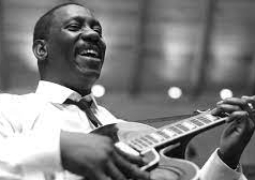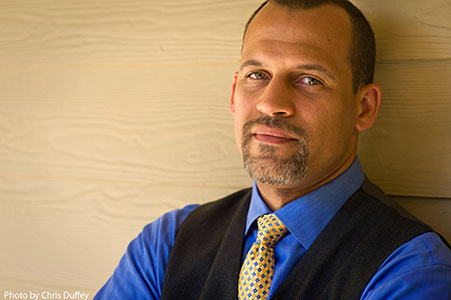
However, there is an ever-present question to be asked, - What Is Democracy?
We will not try to answer that question in this article and will leave that for the political pundits and social commentators to expound on, for Democracy just like Jazz has no complete definition at any particular time, as it is an evolving concept with different variances each with its own characteristics based on the concrete conditions of a particular place in the context of time. In fact there is also always the other pertinent question of - Democracy for Whom?
One thing that is certain though, is that both Democracy and Jazz are anchored on Discipline and Freedom. The freedom to express oneself while maintaining discipline to ensure understanding and cooperation as we encourage active participation in the group.
Back in 2011, we were introduced to a new concept in jazz, called “Jazz and Democracy”. It is an idea that tries to link the jazz idiom to the understanding of democracy. At first glance, the concept seems a little far-fetched and somewhat ambitious, but upon closer review, one could see the correlation between the two. Jazz and democracy is a music integration curriculum linking the arts, (i.e. music) and the humanities (history). The concept was developed in the United States by Wesley J. Watkins IV, PhD, also known as Dr. Wes and is based on a hypothesis that Dr. Wes was investigating since he was an undergraduate student.
The goal is to inspire students to become active and offer positive contribution to their communities. It is a music centered curriculum with genuine links to other subject areas that can increase student identification with school, impact academic engagement and have a subsequent effect on overall academic success among those with an affinity for music. A good example of this is when students create a rap to memorize their history lesson. This process becomes engaging and effective while offering students a new approach to learning.
The jazz and democracy project uses jazz as a symbol or metaphor to teach and cultivate a good understanding of American democracy. When done properly, it brings democracy to life, enriches the study of history and encourages youths to become active and positive contributors to their communities. It uses literary, aural and visual content in addition to kinetic activity to teach children about critical thinking, cooperation and peaceful negotiation and coexistence. It also enriches the core curriculum while providing arts education and fosters jazz appreciation. The study of jazz and democracy provides students with the means to see hear and experience concepts that are fundamental to democracy. It was spearheaded by Dr. Wes during the 2007-2008 academic years at the Thornhill Elementary School in Oakland, California. Dr. Wes is an arts education activist who is also an avid music lover, especially Latin jazz and jazz itself. He studied at Stanford University and at The International Center for Research in Music Education, University of Reading, England. He visited the Gambia a few years back with a group of jazz musicians and gave lectures at select schools to introduce the Jazz and Democracy concept and share his knowledge on jazz and promote jazz appreciation. This was made possible at the time, by the American Embassy in the Gambia. We were fortunate to be associated with this project which was made possible by my good friend and brother Sharif Samsu Sallah. At the time, Samsu and I with a few likeminded jazz enthusiasts created an informal group which we called, the Senegambia Jazz Society. We organized a few jazz concerts and also collaborated with our late colleague Minkailu Semega Janneh (Minks) to stage events at the former Cotton Club.
Jazz appreciation is done in many ways, but one of the most popular activities associated with jazz appreciation is the staging of concerts and jazz festivals. The Montreux Jazz Festival in Switzerland and the Newport Jazz Festival in Rhode Island are well known for their history and attraction to jazz lovers worldwide. Another festival that has become very popular and is indeed the most important jazz festival in Africa is the Saint Louis Jazz Festival in Senegal. It became very popular since the 1930’s and continues to draw huge audiences and participation from notable personalities in the jazz world. It is held every year and has become an important contributor to the tourism industry in Senegal.
It is our hope that here in the Gambia, we will continue to be able to celebrate International Jazz Day which is celebrated worldwide every year on the 30th April, and also celebrate Jazz Appreciation Month which is observed in the United States during the month of April. This and many other festivals can bring about extra added attraction for our tourist industry and impact positively to the development of the creative industry in the Gambia.


